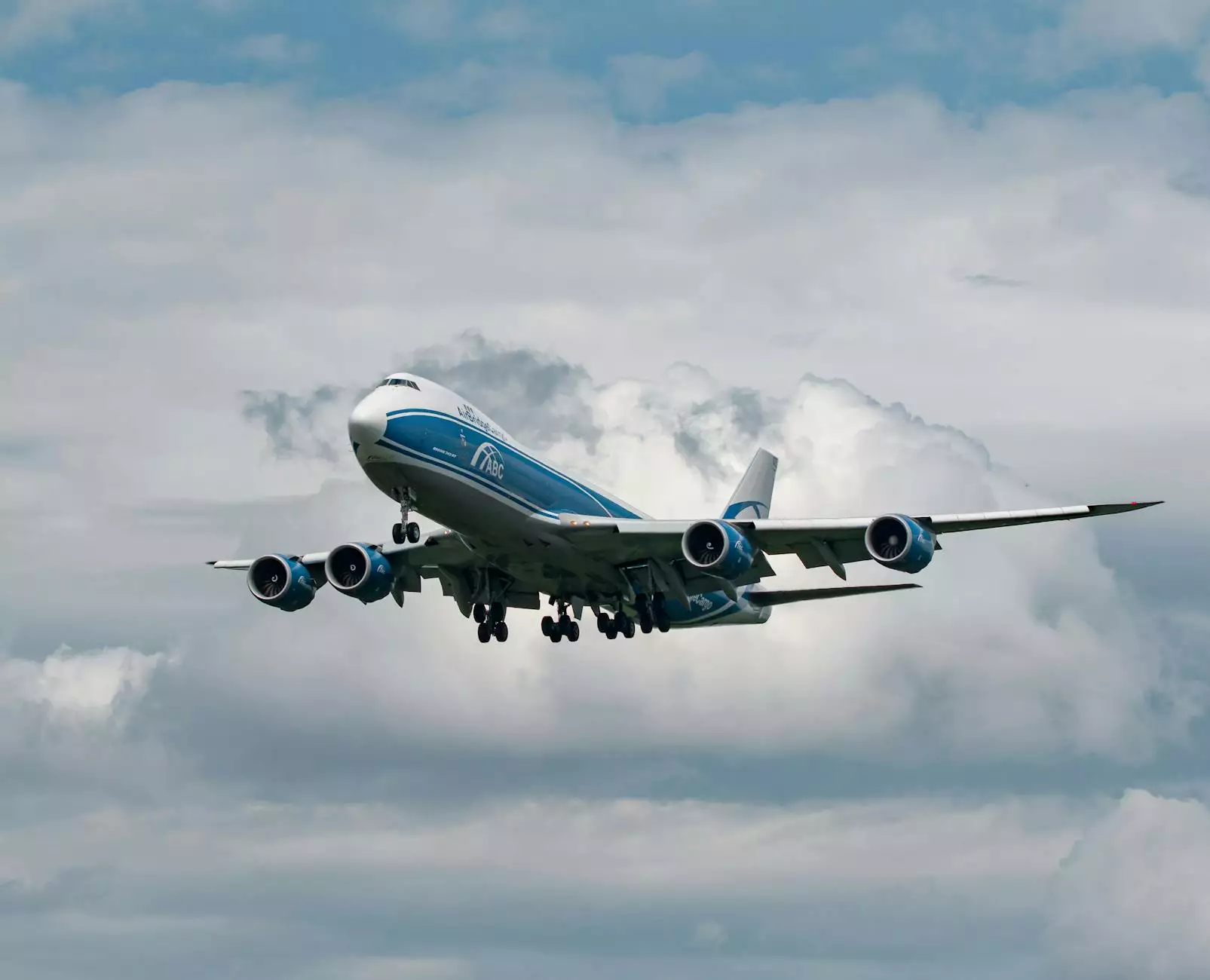Understanding Air Cargo Quotations: The Key to Efficient Shipping Solutions

In today's global economy, air cargo has emerged as a crucial component for businesses looking to thrive. The speed, efficiency, and reliability of air freight make it an indispensable service for transporting goods across long distances. Whether you are a small business shipper or a large corporation, understanding air cargo quotations is vital for optimizing your shipping costs and improving your supply chain management.
What are Air Cargo Quotations?
Air cargo quotations are estimates provided by freight forwarders or carriers that outline the cost of shipping goods via air. These quotations encompass various elements that can influence the overall price, including:
- Weight and Volume: Air freight charges are primarily based on the weight or volumetric weight of the cargo.
- Destination: The distance and location can significantly impact shipping costs.
- Service Type: Different service levels, such as standard or expedited shipping, will affect the price.
- Additional Services: Services such as customs clearance, packaging, and insurance can add to the quotation.
- Seasonality: Certain periods, such as holiday seasons, may lead to surge pricing due to higher demand.
The Importance of Obtaining Quotations
Obtaining accurate air cargo quotations is crucial for various reasons:
- Cost Management: Having a clear understanding of shipping costs helps businesses budget effectively and control expenditures.
- Comparison Shopping: Various carriers offer different prices and services, enabling shippers to choose the best fit for their needs.
- Transparent Pricing: Detailed quotations can highlight potential hidden costs and minimize surprises during the shipping process.
- Informed Decision Making: Understanding the breakdown of costs allows businesses to make informed decisions on shipping methods that align with their operational needs.
How to Request Air Cargo Quotations
Requesting air cargo quotations is a straightforward process if you have the right information. Here’s a step-by-step guide:
- Identify Your Cargo Details: Gather necessary information, including dimensions, weight, contents, and packaging specifics.
- Determine the Origin and Destination: Specify where the shipment is leaving from and its final delivery location.
- Choose Your Service Type: Determine whether you need standard, express, or additional services like insurance.
- Contact Freight Forwarders or Carriers: Reach out to several reputable companies within the industry to request detailed quotations.
- Compare and Review: Analyze the quotes based on your needs, budget, and the quality of service offered.
Factors Affecting Air Cargo Quotations
Several factors can influence the cost and nature of air cargo quotations:
1. Fuel Prices
Fuel costs are a significant expense in air freight, and fluctuations in oil prices can directly impact shipping rates, resulting in variability in air cargo quotations.
2. Demand and Supply
High demand for air freight services, especially during peak shipping seasons, can lead to increased rates. Conversely, periods of lower demand may yield more competitive pricing.
3. Regulatory Changes
Changes in international shipping regulations, tariffs, or trade agreements can impose additional costs, altering the landscape of air cargo pricing.
4. Technology
Advancements in technology, such as improved logistics software and tracking systems, can enhance efficiency and impact pricing structures in air cargo services.
Types of Air Cargo Services
When exploring air cargo quotations, it is essential to understand the different types of services that carriers offer. These include:
1. Scheduled Cargo Services
These are regular flights offered by airlines dedicated to cargo transport, often at lower rates due to the predictable schedule.
2. Charter Services
Charter services offer flexibility and speed, allowing businesses to rent aircraft for specific shipments when pressing timelines are necessary.
3. Express Services
Time-sensitive deliveries benefit from express services, which prioritize rapid shipping times for urgent shipments.
4. Hub-to-Hub Services
Using major airports as transfer points, these services allow for efficient routing but may require additional time for indirect routes.
Tips for Securing the Best Air Cargo Quotations
To ensure that you receive competitive and fair air cargo quotations, consider the following tips:
- Build Relationships: Establish ongoing relationships with freight forwarders to secure better rates and personalized service.
- Be Transparent: Provide accurate information about your shipments to receive precise quotations without hidden fees.
- Explore Multiple Quotes: Always get quotes from multiple sources to compare pricing and service options effectively.
- Stay Informed: Keep abreast of market trends and seasonal fluctuations that may impact shipping costs.
- Review Contracts Carefully: Ensure to read the terms and conditions in any agreements to avoid unexpected charges.
Conclusion
In conclusion, navigating the world of air cargo quotations is essential for businesses looking to ensure efficient, cost-effective, and timely shipping of goods. By understanding how to request quotations, the factors that influence pricing, and the types of services available, businesses can make informed decisions that positively impact their operations.
At cargobooking.aero, we are committed to providing you with the best air cargo services tailored to your needs. Our comprehensive platform allows users to easily compare air cargo quotations and find the most suitable shipping solutions. Take the next step in optimizing your logistics today and experience the efficiency of our services.









